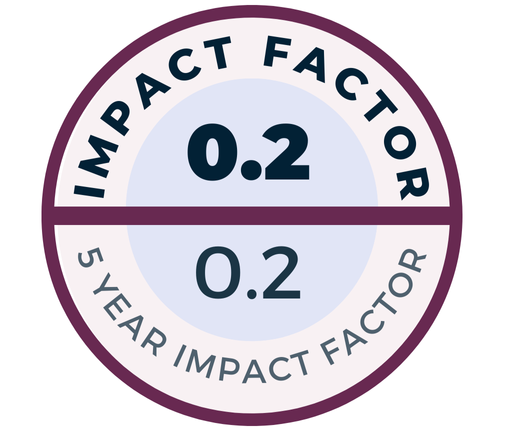Objective: Autologous serum skin testing is a practical test for basophil histamine release which is used in the diagnosis of chronic autoimmune urticaria. Although the exact autoimmune pathogenesis of allergic diseases of the upper respiratory tract remains a matter of debate, recent studies have reported positive results for autologous serum skin test in both allergic and non-allergic rhinitis, asthma sufferers, and even in healthy controls. In this study, we aimed to evaluate positive results from autologous serum testing in patients with allergic rhinitis and to compare the results with those from healthy controls.
Methods The study included 76 seasonal allergic rhinitis patients and 51 healthy volunteers aged between 18-65 years who underwent autologous serum skin testing. A chi-square test was used for comparisons between the two groups.
Results Autologous serum testing proved positive in 29 of the patients with allergic rhinitis and in 10 of the healthy controls. The number of positive results from autologous serum testing was found to be significantly higher in patients with allergic rhinitis than in the control group.
Conclusion Autologous serum skin testing may have benefits beyond merely detecting chronic urticaria. In the present study, the number of allergic rhinitis patients who demonstrated autologous serum skin testing positivity was significantly higher than the healthy controls. The findings of the present study may contribute further studies that investigate common pathological mechanisms of allergic rhinitis and chronic idiopathic urticaria patients who show positivity to autologous serum skin testing.

.jpeg)
